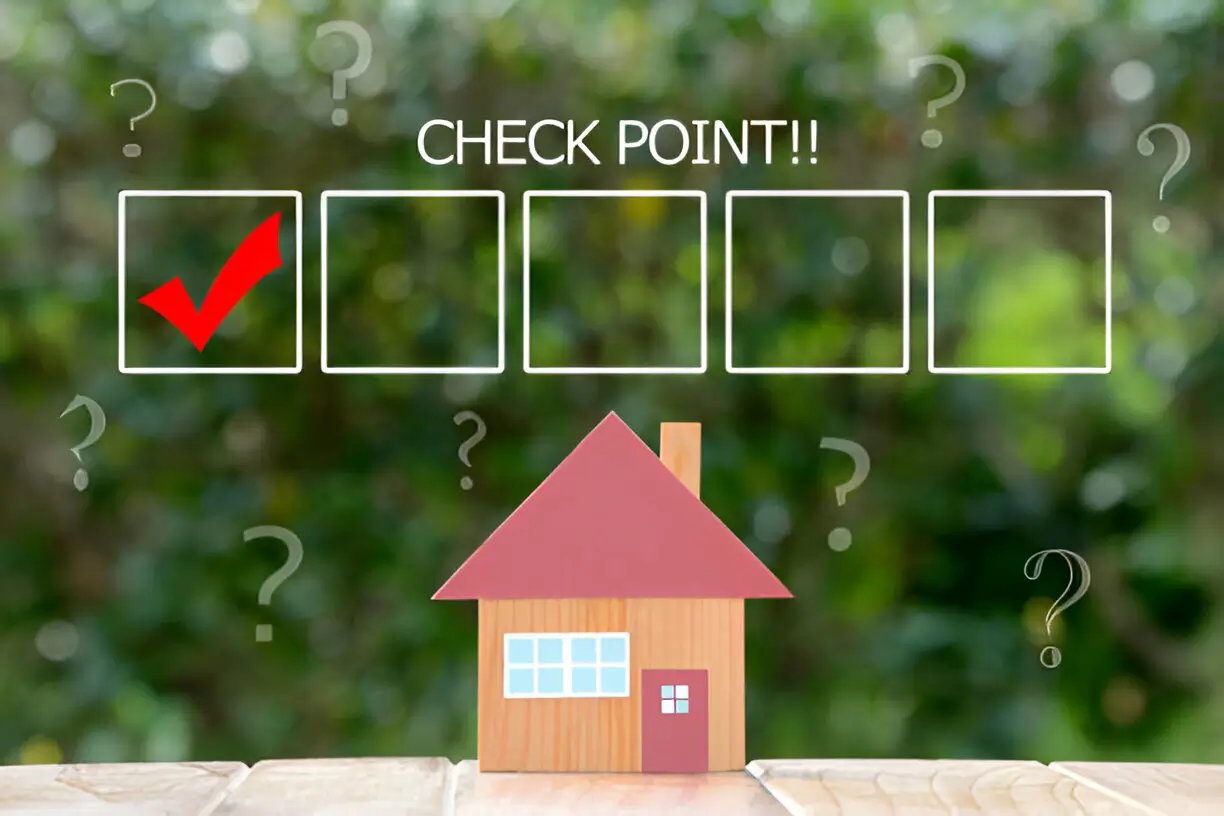Interest rates play a crucial role in determining the cost of your loan. Whether you’re taking out a mortgage, car loan, or personal loan, understanding how interest rates impact your payments can save you a lot of money. But how exactly do interest rates affect your loan, and what should you be aware of? This guide breaks it all down for you. Ready to dive in? Let’s get started.
The Impact of Interest Rates on Your Loan
Understanding Interest Rates
What Are Interest Rates?
Interest rates represent the cost of borrowing money. When you take out a loan, the interest rate is the percentage of the principal (the amount borrowed) that the lender charges for the privilege of borrowing. It’s essentially the lender’s fee for providing the loan.
Types of Interest Rates
Interest rates come in two main varieties: fixed and variable. Fixed interest rates remain the same throughout the life of the loan, providing predictability in your monthly payments. Variable interest rates, on the other hand, can change over time based on market conditions, which can lead to fluctuating monthly payments.
How Interest Rates Affect Loan Costs
Monthly Payments
The interest rate directly influences your monthly loan payments. Higher interest rates result in higher monthly payments, while lower interest rates lead to lower payments. For example, a small increase in the interest rate on a mortgage can add hundreds of dollars to your monthly bill.
Total Loan Cost
Over the life of the loan, the interest rate also affects the total amount you will pay back to the lender. Even a slight difference in interest rates can result in significant differences in the total cost of the loan. This is why it’s crucial to secure the lowest possible interest rate.
Real-Life Example: The Mortgage Scenario
Fixed-Rate Mortgage
Consider a 30-year fixed-rate mortgage for $300,000 at an interest rate of 4%. The monthly payment (excluding taxes and insurance) would be approximately $1,432. Over the life of the loan, you would pay a total of $515,608, with $215,608 in interest.
Variable-Rate Mortgage
Now, let’s compare this to a 5/1 adjustable-rate mortgage (ARM) with an initial rate of 3.5% for the first five years. After that, the rate adjusts annually. If the rate increases to an average of 5% after the initial period, the total cost of the loan could be significantly higher, depending on future rate changes.
Factors Influencing Interest Rates
Credit Score
Your credit score is a major factor in determining the interest rate you receive. Lenders use your credit score to assess the risk of lending to you. Higher credit scores generally lead to lower interest rates, while lower scores result in higher rates.
Loan Term
The length of your loan term also affects the interest rate. Shorter loan terms typically have lower interest rates but higher monthly payments. Conversely, longer terms come with higher interest rates but lower monthly payments.
Economic Conditions
Interest rates are influenced by broader economic conditions, including inflation, economic growth, and monetary policy. Central banks, like the Federal Reserve in the United States, adjust interest rates to manage economic stability and growth.
Tips for Securing the Best Interest Rates
Improve Your Credit Score
One of the most effective ways to secure a lower interest rate is to improve your credit score. Pay your bills on time, reduce your debt, and avoid opening new credit accounts before applying for a loan.
Shop Around
Don’t settle for the first interest rate you’re offered. Shop around and compare rates from different lenders. Even a small difference can save you a significant amount of money over the life of the loan.
Consider Loan Types
Different types of loans come with different interest rates. For instance, federal student loans usually have lower rates than private student loans. Similarly, secured loans, like mortgages and auto loans, typically have lower rates than unsecured personal loans.
Negotiate
Don’t be afraid to negotiate with lenders. If you have a good credit score and a stable financial history, you might be able to negotiate a lower interest rate. Some lenders are willing to reduce rates to keep your business.
The Future of Interest Rates
Economic Indicators to Watch
Keep an eye on economic indicators like inflation rates, unemployment rates, and Federal Reserve announcements. These can provide clues about future interest rate trends. For example, if the Federal Reserve signals that it will raise rates to combat inflation, it’s likely that mortgage rates will increase as well.
Preparing for Rate Changes
If you have a variable-rate loan, be prepared for possible interest rate increases. Consider refinancing to a fixed-rate loan if you believe rates will rise significantly. Having a financial cushion can also help you manage higher payments if rates go up.
Conclusion
Understanding the impact of interest rates on your loan is essential for making informed financial decisions. By knowing how rates affect your monthly payments and total loan cost, you can take steps to secure the best possible terms. Keep an eye on economic trends, work on improving your credit score, and shop around to find the most favorable rates. With these strategies, you can navigate the loan process with confidence and minimize the cost of borrowing.
FAQs
How do interest rates affect my monthly loan payments?
Interest rates directly impact your monthly payments. Higher rates increase your payments, while lower rates reduce them. For example, a mortgage with a higher interest rate will have higher monthly payments compared to a loan with a lower rate.
What is the difference between fixed and variable interest rates?
Fixed interest rates remain constant throughout the life of the loan, providing predictable monthly payments. Variable interest rates can change over time based on market conditions, which can lead to fluctuating monthly payments.
How can I secure a lower interest rate on my loan?
To secure a lower interest rate, improve your credit score, shop around for different lenders, consider various loan types, and negotiate with lenders. A higher credit score and a solid financial history can help you get better rates.
Why do economic conditions affect interest rates?
Economic conditions, such as inflation, economic growth, and central bank policies, influence interest rates. Central banks adjust rates to manage economic stability and growth, which in turn affects the rates offered by lenders.
Should I choose a fixed or variable interest rate?
The choice between fixed and variable rates depends on your financial situation and future plans. Fixed rates offer stability and predictability, while variable rates might be lower initially but can increase over time. Consider your risk tolerance and market expectations before deciding.






